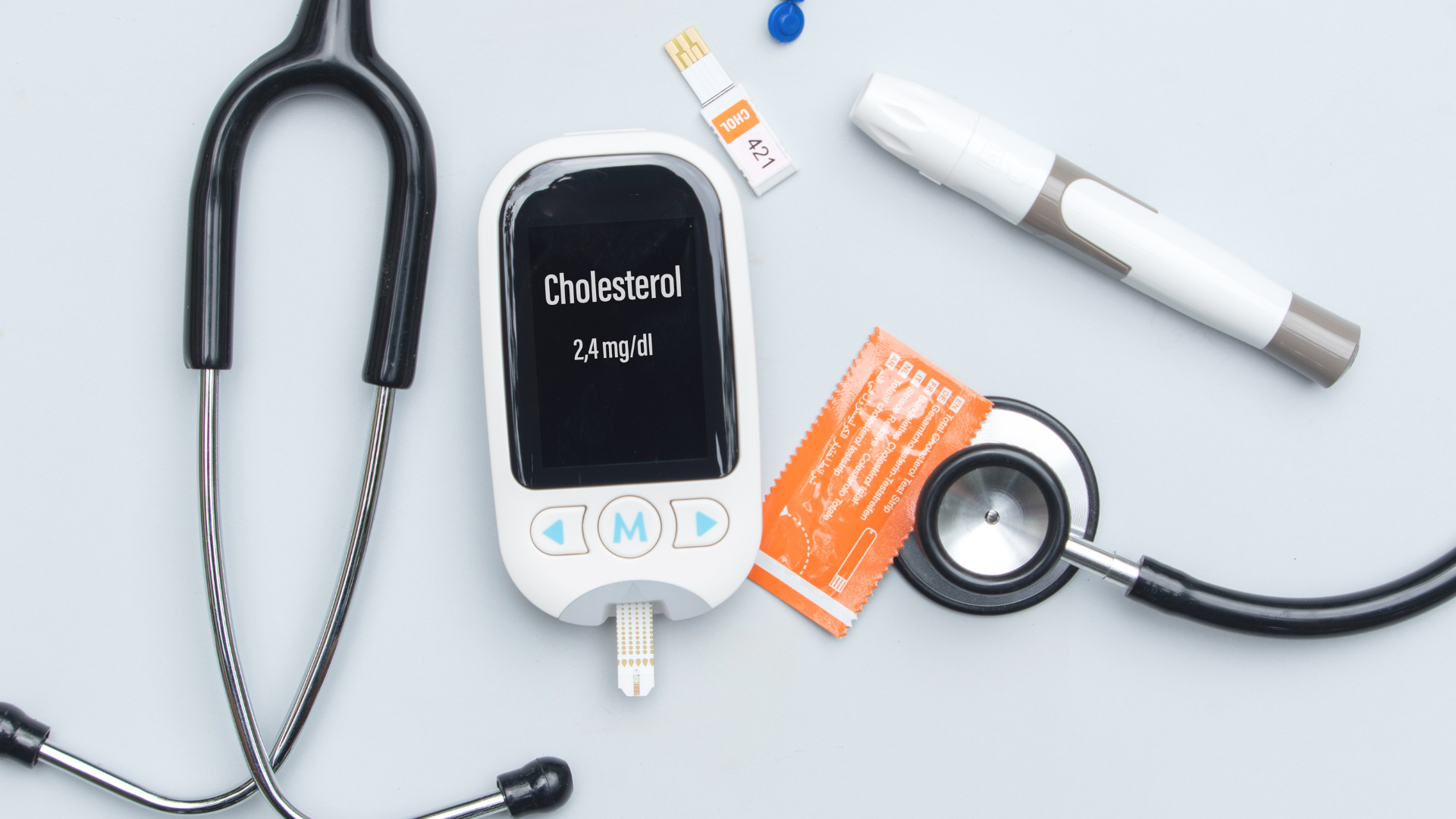Introduction
Menopause is a natural phase in a woman’s life, yet it brings with it significant biological changes that affect nearly every aspect of health. While hot flashes, mood swings, and hormonal fluctuations are commonly discussed, one area that often goes unnoticed is the gut microbiome. Research shows that during menopause, gut diversity declines, leading to digestive issues, metabolic changes, inflammation, and even increased risk for chronic diseases.
The good news is that you can rebuild a resilient gut microbiome through diet, lifestyle, and targeted interventions. In this blog, we’ll explore how menopause affects gut health, why gut diversity is crucial, and the practical steps you can take to restore balance and support long-term wellness.
Understanding the Connection Between Menopause and Gut Health
The gut microbiome is made up of trillions of microorganisms that regulate digestion, immunity, metabolism, and even mood. During menopause, declining estrogen and progesterone levels don’t just affect reproductive health—they also shift the composition of the gut microbiome.
Hormonal Changes and the Gut
- Estrogen decline: Estrogen supports beneficial gut bacteria. With lower levels, diversity decreases, and harmful bacteria can overgrow.
- Progesterone decline: This hormone supports gut motility. Reduced levels can slow digestion, causing bloating, constipation, or discomfort.
- Increased inflammation: Hormonal changes may increase gut permeability, also known as “leaky gut,” which contributes to systemic inflammation.
Why Gut Diversity Matters in Menopause
A diverse gut microbiome is associated with:
- Stable metabolism – Reduces risk of weight gain, diabetes, and obesity.
- Stronger immunity – Protects against infections and supports balanced inflammation.
- Better digestion – Prevents bloating, constipation, and nutrient malabsorption.
- Improved mental health – Gut bacteria produce neurotransmitters like serotonin, influencing mood and cognitive function.
When gut diversity declines, women in menopause may experience worsened menopausal symptoms such as fatigue, brain fog, weight fluctuations, and mood swings.
Signs Your Gut Diversity May Be Declining
Many women overlook the gut-related symptoms of menopause. Look out for:
- Frequent bloating, gas, or indigestion
- Constipation or irregular bowel movements
- Increased food sensitivities
- Unexplained weight gain
- Low energy levels
- More frequent infections
- Worsening hot flashes or mood swings
If you notice these signs, it may indicate that your gut microbiome needs rebuilding.
How to Rebuild a Resilient Gut Microbiome During Menopause
The decline in gut diversity during menopause is not permanent. By making intentional choices, you can restore a healthier, more balanced gut environment.
1. Prioritize a Gut-Friendly Diet
The foods you eat directly shape your microbiome.
- Increase fiber intake: Fiber feeds beneficial gut bacteria. Include whole grains, beans, lentils, fruits, and vegetables.
- Eat fermented foods: Yogurt, kefir, sauerkraut, kimchi, miso, and kombucha provide probiotics that add good bacteria to your gut.
- Polyphenol-rich foods: Berries, green tea, dark chocolate, and olives act as antioxidants that support gut health.
- Limit processed foods: Highly processed and sugary foods disrupt gut bacteria balance.
📌 Tip: Aim for 30 different plant-based foods each week to maximize microbial diversity.
2. Consider Probiotics and Prebiotics
- Probiotics: Supplements or fermented foods that introduce beneficial bacteria into your gut. Strains like Lactobacillus and Bifidobacterium are especially helpful for women in menopause.
- Prebiotics: Non-digestible fibers that feed good bacteria. Sources include garlic, onions, asparagus, bananas, and oats.
- Synbiotics: Combination of probiotics and prebiotics for enhanced gut support.
Always consult a healthcare provider before starting supplements to ensure they fit your individual needs.
3. Support Estrogen Balance Naturally
While hormone replacement therapy (HRT) is an option for some women, lifestyle choices can also help balance estrogen and indirectly support gut diversity.
- Flaxseeds & soy: Contain phytoestrogens, plant compounds that mimic estrogen.
- Cruciferous vegetables: Broccoli, Brussels sprouts, and cauliflower help metabolize estrogen effectively.
- Healthy fats: Omega-3s from fish, walnuts, and chia seeds reduce inflammation.
4. Manage Stress Effectively
Chronic stress raises cortisol levels, which disrupt gut bacteria and worsen menopausal symptoms.
- Mindfulness & meditation: Reduce stress and promote relaxation.
- Yoga & breathing exercises: Improve digestion and hormone balance.
- Adequate sleep: Aim for 7–8 hours of restful sleep to allow your gut to repair overnight.
5. Stay Physically Active
Exercise improves gut motility, boosts microbial diversity, and reduces inflammation.
- Aerobic exercise: Walking, swimming, or cycling supports overall gut health.
- Strength training: Helps maintain muscle mass and metabolic health.
- Low-impact activities: Yoga and Pilates reduce stress and improve digestion.
6. Limit Antibiotics and Medications (When Possible)
While necessary at times, frequent antibiotic use can wipe out beneficial bacteria. Certain medications (like antacids or NSAIDs) may also disrupt gut balance. Work with your healthcare provider to evaluate alternatives when possible.
7. Stay Hydrated
Adequate hydration supports digestion, nutrient absorption, and gut motility. Aim for 8–10 glasses of water daily and include hydrating foods like cucumbers, watermelon, and citrus.
Long-Term Benefits of Rebuilding Gut Diversity in Menopause
Restoring gut health during menopause doesn’t just improve digestion—it impacts your whole body health.
- Weight management: A balanced gut supports a healthy metabolism and reduces belly fat accumulation.
- Reduced inflammation: Helps lower the risk of chronic diseases such as heart disease, osteoporosis, and diabetes.
- Better mental health: A diverse gut improves mood, reduces anxiety, and enhances cognitive clarity.
- Stronger bones: Gut bacteria aid in calcium and vitamin D absorption.
- Improved longevity: Studies link gut diversity with healthier aging and extended lifespan.
Practical Daily Routine for Gut Health in Menopause
Here’s a sample day to guide you:
- Morning: Warm lemon water + fiber-rich breakfast (oats with flaxseeds, berries, and yogurt).
- Midday: Salad with leafy greens, beans, olive oil, and fermented vegetables.
- Snack: A handful of nuts, dark chocolate, or kombucha.
- Dinner: Grilled salmon with roasted broccoli and quinoa.
- Before Bed: Herbal tea and mindfulness meditation for better sleep.
When to Seek Professional Help
If gut-related symptoms significantly disrupt your quality of life, consult a healthcare professional or a functional medicine practitioner. They may suggest:
- Comprehensive stool testing for microbiome analysis
- Hormone evaluation and possible HRT options
- Personalized diet and supplement plans
Conclusion
The decline in gut diversity during menopause is a challenge many women face, but it’s not a permanent setback. By adopting a gut-friendly diet, incorporating probiotics and prebiotics, managing stress, exercising regularly, and staying hydrated, you can rebuild a resilient microbiome that supports not only digestive health but also hormone balance, immunity, mental clarity, and overall vitality.
Menopause marks a new chapter in life—and with the right approach to gut health, it can be one of strength, resilience, and renewed energy.





